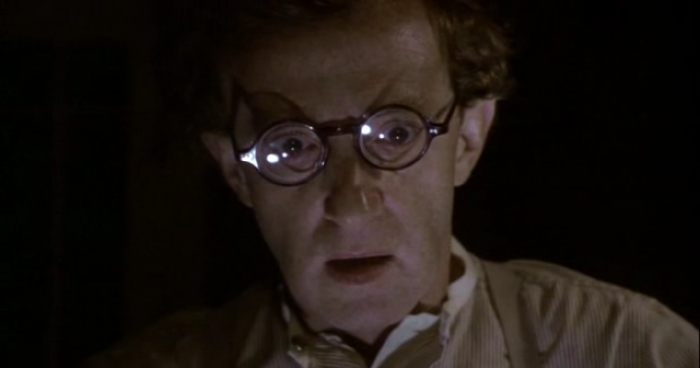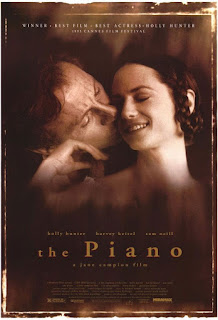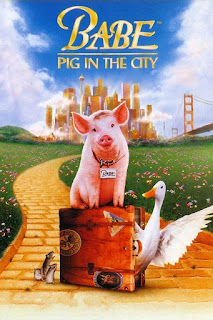May 27th: A MIDSUMMER NIGHT'S SEX COMEDY (Woody Allen, 1982)
Three couples spend a weekend in the country in fin de siecle upstate New York, and the atmosphere results in partner-swapping.
After half a decade of successful, broad comedies, Woody Allen began shifting styles and tones from film to film, following up his Oscar-winning Annie Hall with the stark and serious Ingmar Bergman-inspired Interiors, and his subsequent hit Manhattan with the Fellini homage Stardust Memories. Running into complications on his pseudo-documentary Zelig, he quickly wrote a new script to shoot in the meantime.
Allen returned to Bergman's sphere, but this time to the Swedish director's lighter side, particularly his 1955 romantic comedy Smiles Of A Summer Night. Other inspirations were the similarly titled Shakespeare play A Midsummer Night's Dream and the works of French filmmaker Jean Renoir.
Behind the camera, Allen once again had gifted cinematographer Gordon Willis (The Godfather, Manhattan) at his side. Despite a history of striking black and white compositions and dark, brooding color work in the past, Willis shows a softer side with his pastoral exteriors and candlelit, serene interior scenes.
Intended as a lighthearted time-filler, the film was still met with a harsh response, and the box office failed to match the peak of his previous success with Manhattan. Luckily, Allen would rebound with increasing critical and financial success as the decade continued.
Running time is approx. 90 min.










Comments
Post a Comment